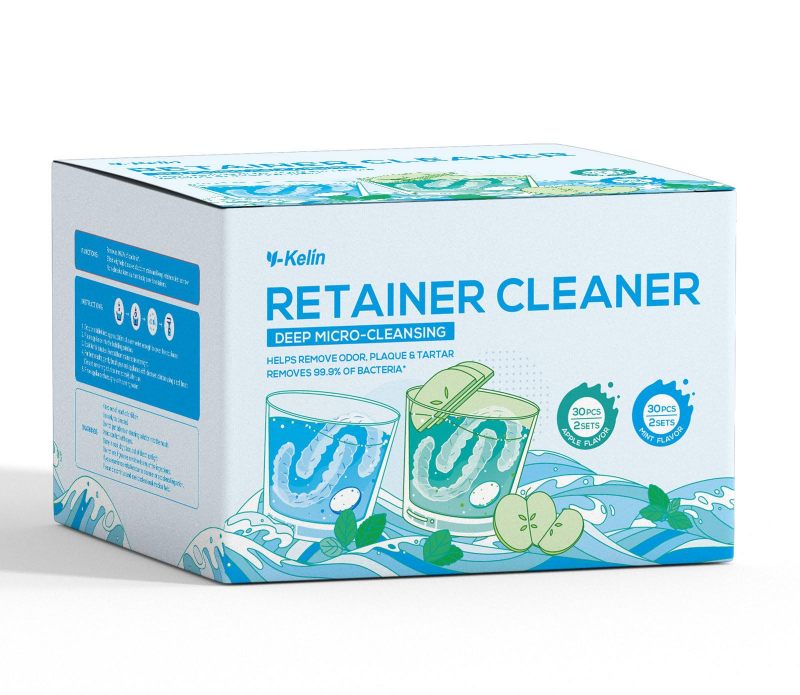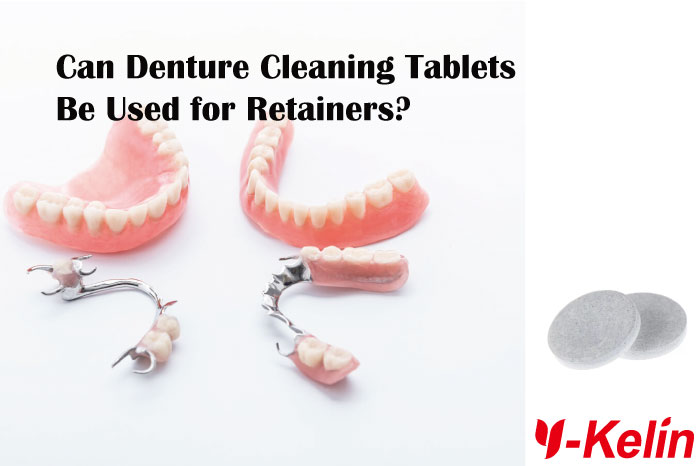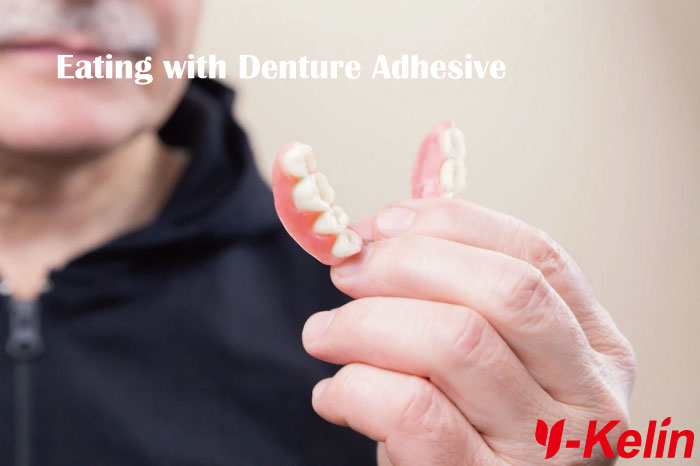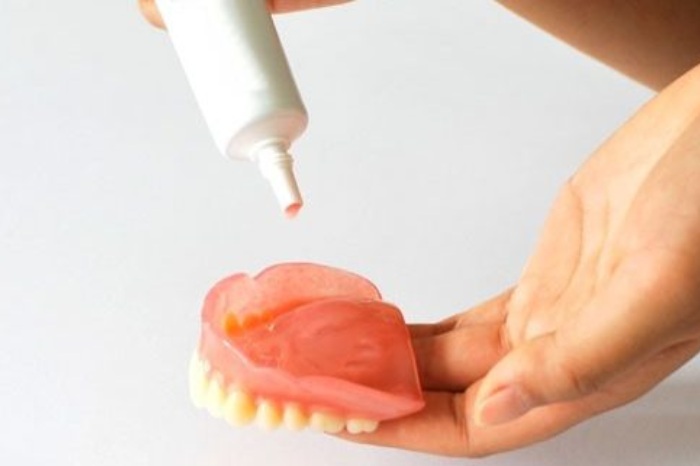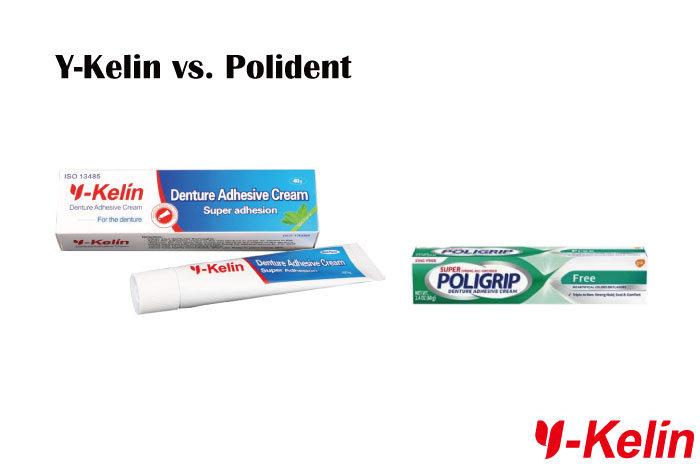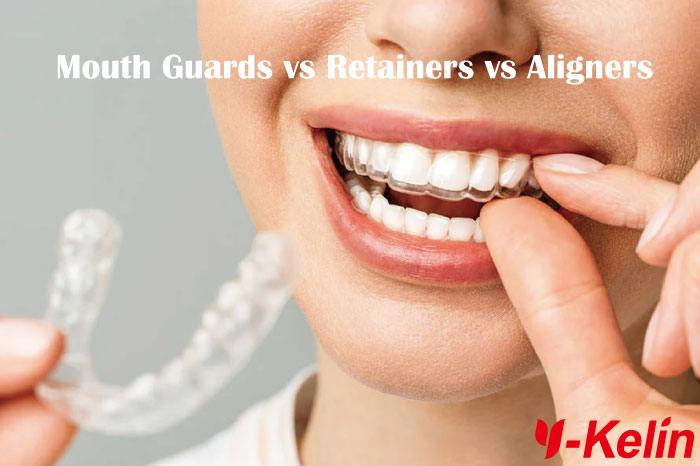
Mouth Guards vs Retainers vs Aligners: What’s the Difference?
Published On:
Are you confused about the differences between mouth guards, retainers, and aligners? Let’s break them down simply to help you choose what fits your needs.
Mouth guards, retainers, and aligners serve unique purposes for oral health. Mouth guards protect teeth, retainers keep teeth in place, and aligners straighten teeth.
Each has specific features and uses. Understanding them will help you make the right choice for your dental care.
Mouth Guards vs Retainers vs Aligners: What’s the Difference?
What is a mouth guard?
Mouth guards are protective devices designed to cover and cushion your teeth. They are often used during sports or at night to prevent damage.
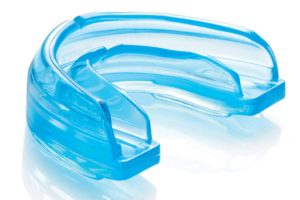
A mouth guard is a flexible, custom-fitted device that shields teeth from injuries, grinding, or clenching. It reduces the risk of chipped or broken teeth.
Types of Mouth Guards
Mouth guards come in three main types:
| Type | Description | Pros | Cons |
|---|---|---|---|
| Stock Mouth Guards | Pre-made and ready to wear. | Affordable, readily available. | Bulky, less comfortable. |
| Boil-and-Bite | Softened in hot water and molded to your teeth. | Better fit, more comfortable. | Less durable than custom guards. |
| Custom-Fitted | Professionally made by dentists for the best fit and protection. | Optimal fit, maximum protection. | More expensive. |
How does a mouth guard work?
Mouth guards work by absorbing and spreading out the impact of forces that could harm your teeth or jaw.
They act as a cushion, preventing direct contact between teeth and reducing the risk of damage from grinding or external injuries.
Benefits and Types of Mouth Guards
Mouth guards come in three main types: stock, boil-and-bite, and custom-fitted. Stock guards are pre-made and cheap, but they may not fit well. Boil-and-bite guards can be softened in hot water and molded to fit better. Custom-fitted guards, made by a dentist, offer the best protection and comfort.
| Type | Features | Best For |
|---|---|---|
| Stock | Pre-made, inexpensive | Basic protection |
| Boil-and-Bite | Semi-custom, moderate cost | Improved fit |
| Custom-Fitted | Made by dentists, high-quality | Maximum comfort and protection |
Why should I use a mouth guard?
If you grind your teeth at night or play contact sports, a mouth guard is essential.
A mouth guard protects your teeth from breaking, reduces jaw pain, and prevents long-term damage caused by grinding or injuries.
Who Needs a Mouth Guard?
Anyone at risk of teeth grinding, clenching, or dental injuries can benefit. Athletes, people with bruxism, and individuals undergoing orthodontic treatment should consider wearing one.
How should I care for a mouth guard?
Proper care can extend the lifespan of your mouth guard and keep it hygienic.
Just like retainers, it is very important to clean your mouth guard everyday. Using a professional removable dental appliance solution like Y-Kelin Retainer Cleaner Tablers can be a convenient and easy way to help ensure your retainer, aligner or mouth guard is clean.
Rinse it after use, clean it regularly with mild soap, and store it in a ventilated case. Avoid exposing it to heat.
Maintenance Tips
- Brush your mouth guard gently with a soft-bristle toothbrush.
- Avoid chewing on it to prevent damage.
- Replace it if it becomes loose or shows wear.
What is a retainer?
Retainers are dental devices that help keep your teeth in place after braces or orthodontic treatment. You can check Different Types of Dentures.

A retainer is a custom-made device that maintains the position of teeth by preventing them from shifting back.
Types of Retainers
Hawley Retainers: Made of acrylic and metal wires, adjustable and durable.
Clear Plastic Retainers: Nearly invisible, but less durable than Hawley retainers.
Fixed Retainers: Bonded to the back of teeth, offering permanent support.
How does a retainer work?
Retainers apply gentle pressure to hold teeth in their corrected positions. This ensures the alignment achieved with braces is preserved.
They are worn as directed by your dentist, often at night, to maintain alignment and prevent shifting.
Why should I use a retainer?
Retainers are crucial for preventing your teeth from shifting back after orthodontic work.
Using a retainer helps you maintain a straight smile and avoid the need for braces again.
Benefits of Retainers
Retainers help with maintaining alignment, improving speech clarity, and preventing teeth grinding at night. They can be removable or fixed, depending on your dentist’s recommendation.
What is an aligner?
Aligners are clear, removable trays that straighten your teeth gradually without the need for metal braces.
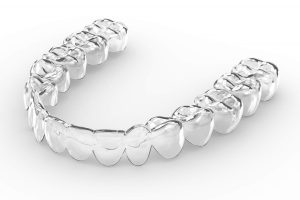
An aligner is a discreet dental tool that applies pressure to move your teeth into their desired position over time.
How does an aligner work?
Aligners work by gently pushing your teeth into alignment through a series of custom-made trays.
Each tray is designed to move your teeth a small step closer to the final position. Trays are replaced every few weeks.
Custom-Made: Each set is tailored to your teeth for a perfect fit.
Gradual Movement: Worn for 20-22 hours a day, they slowly shift teeth into place.
Removable: Unlike braces, you can take them out for eating and cleaning.
How to take care of a retainer or an aligner?
Clean your retainer or aligner daily to keep it free of bacteria and stains.
Rinse it after every use, brush it gently with a soft toothbrush, and store it in its case when not in use.
Cleaning Tips for Retainers and Aligners
- Use lukewarm water and a mild cleaner.
- Avoid hot water as it can warp the material.
- Do not use abrasive cleaners or toothpaste.

FAQ
Is a retainer as good as a mouth guard?
A retainer and a mouth guard have different purposes, so one is not a substitute for the other.
A retainer keeps teeth in place, while a mouth guard protects teeth from grinding or injuries.
What is the difference between aligners and mouth guards?
Aligners are for straightening teeth, while mouth guards protect teeth from grinding or impact.
Aligners gradually move teeth into place, while mouth guards prevent physical damage.
What are the disadvantages of night guards?
Night guards can feel uncomfortable, and they require regular maintenance.
They may not fit perfectly, cause irritation, or need frequent replacements if damaged.
Can you still lose teeth with a mouth guard?
A mouth guard reduces risks but does not eliminate the possibility of losing teeth.
Proper dental care alongside wearing a mouth guard is essential to prevent tooth loss.
Is it bad to wear a mouth guard all day?
Wearing a mouth guard all day is not recommended unless directed by a dentist.
Extended use can cause discomfort or interfere with normal oral functions.
Will a night guard keep teeth straight?
A night guard prevents damage but does not align teeth like braces or aligners.
Its primary purpose is to protect against grinding, not to correct alignment.
How many years does a mouth guard last?
The lifespan of a mouth guard depends on its type and care.
On average, it lasts 1-3 years with proper maintenance. Custom guards may last longer.
Will my teeth shift with a night guard?
A night guard prevents grinding but may not stop teeth from shifting.
If teeth shift, consult your dentist for additional treatment options.
Can a mouthguard cause gum recession?
Improperly fitted mouth guards can cause irritation and gum problems.
Always use a well-fitted guard to avoid gum issues and ensure proper hygiene.
Can you sleep with a mouth guard?
Yes, sleeping with a mouth guard is common for people with bruxism.
It protects your teeth from grinding and clenching during sleep.
Why do dentists push night guards?
Dentists recommend night guards to protect your teeth and jaw from damage.
They prevent long-term issues caused by bruxism, such as tooth wear and jaw pain.
Does dental insurance cover night guards?
Insurance coverage for night guards varies by plan.
Check with your provider to see if dental appliances like night guards are included.
What can I use instead of a mouth guard for grinding teeth?
Alternatives to mouth guards include stress management techniques and orthodontic treatments.
Consult a dentist to explore options like aligners or medication for bruxism.
Conclusion
Understanding the differences between mouth guards, retainers, and aligners helps you choose the right tool for your dental needs. Each serves a unique purpose for oral health and protection.
Get in Touch with Y-Kelin
Have questions or need more information? Contact us today, and our dedicated team will assist you promptly.


Y-Kelin is a trusted manufacturer of high-quality denture care products, including denture cleaning tablets, adhesive creams, and retainer cleaning solutions, offering customized services for global partners.
